Play it safe when you visit
Many of our plantation forests are open to the public and can provide wonderful opportunities for recreation.
However, they are first and foremost working forests and visiting comes with conditions.
To ensure everyone has a safe and enjoyable time, please remember you are in a public place and must behave responsibly and obey the law. You must comply with the same rules and regulations as any other public road or place, as well as additional requirements under the Forestry Act 1959 and the Work Health and Safety Act 2011. We also encourage you to undertake our plantation safety induction before visiting.
Some plantation forests, or areas within them are closed to the public or restricted to certain activities. You can view current closures on our plantation closures map. Also, public access is not permitted on our private property, which you can view on our plantation locations map.
Here is a quick rundown of the rules to enjoy our plantation forests responsibly. To help ensure compliance, please be aware we use surveillance cameras and unlawful activity is reported to the police. We also conduct joint compliance patrols with police and QPWS.
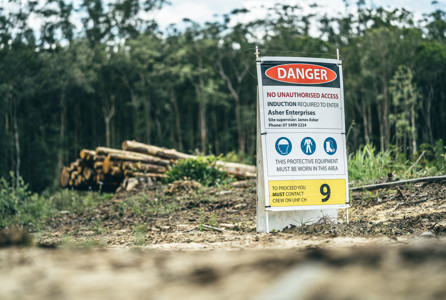
Stay away from worksites
We make no apologies that we always put safety first. Worksites in plantation forests can be extremely hazardous and you must never enter a work site even if you can’t see any activity.
Signs are erected for your safety to warn you about potential hazards. You must turn around when you see DO NOT PROCEED signs or DANGER signs.
It is an offence to remove or vandalise signs, fences or gates, under the Forestry Act 1959 and the Work Health and Safety Act 2011. Penalties can be severe and may include prosecution.
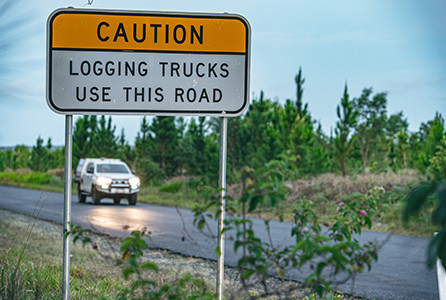
Queensland road rules apply
The usual road rules apply to all roads in plantation forests, even if they are privately owned and maintained.
Drivers and riders must drive or ride to the conditions and be prepared for the unexpected.
Examples of activities that are illegal include driving under the influence of alcohol or drugs, speeding, hooning, excessive or unnecessary swerving or turning, losing control of your vehicle, not wearing a seatbelt in a moving vehicle, operating a mobile device while driving.
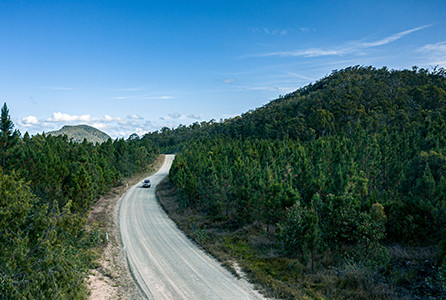
Drive or ride on formed roads only
Plantation forests are not 4WD adventure parks or motocross circuits and vehicles are required to remain on formed roads at all times.
Formed roads are the maintained roads around compartments of plantation trees that are constructed for through traffic and have drainage. Tracks and fire breaks through the plantations are not formed roads.
Damaging roads is vandalism and causes erosion and sedimentation that affects local waterways.

Illegal driving behaviour
Examples of driving or riding behaviour that is illegal includes:
- driving or riding off-road or on features that are not roads
- driving or riding on powerline corridors, fire breaks or tracks that aren’t formed roads (including single track)
- making tracks, trails, berms or circuits
- driving through or along creeks or rivers unless it’s a formed road crossing
- driving through mud, widening roads by driving around mud
- any behaviour that damages plantation roads or trees.

Drivers and riders must be licensed
Anyone operating a motor vehicle, including a motorbike, must have the appropriate licence. Children under 18 cannot ride motorbikes in the plantations because they are not licensed.
Examples of unlicensed operation include driving a motor vehicle without a licence, riding a motorbike without an R or RE licence (including children and youths too young for a licence), driving or riding with a suspended or cancelled licence.
Penalties apply and parents can be charged for underage unlicensed riders and drivers.
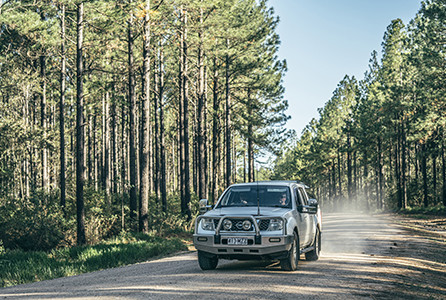
Vehicles must be registered
All motor vehicles, including motorbikes, must be fully registered and roadworthy. Conditionally registered vehicles are not permitted.
Examples of vehicles that are illegal in plantation forests include registered but unroadworthy vehicles, unregistered or illegally modified vehicles, unregistered motorbikes (including kids’ bikes), conditionally registered vehicles, all terrain vehicles, quad bikes, side-by-sides (SxS, UTV, ROV, MOHUV), ride-on lawn mowers, and tractors not undertaking authorised forest operations.
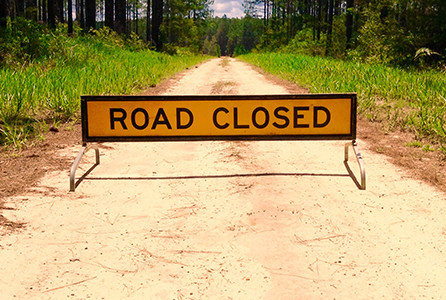
Check for weather closures
Sometimes during or after extreme weather, particularly heavy rain, our plantation forests are closed for your safety.
The public is not permitted to enter our plantation forests when they have been closed or drive on plantation roads when motorised access is restricted.
It is your responsibility to check there are no closures in place before visiting, which you can do on our plantations closures map.
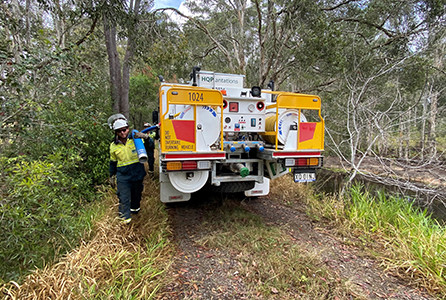
Don’t light fires or obstruct access
Fires in plantation forests put forest workers, visitors, neighbours and neighbouring communities at risk.
Camp fires are not permitted in our plantation forests at any time of the year and smokers should take their cigarette butts with them.
Also, be careful not to block fire tracks when parking or leaving your vehicle and avoid parking in long grass.
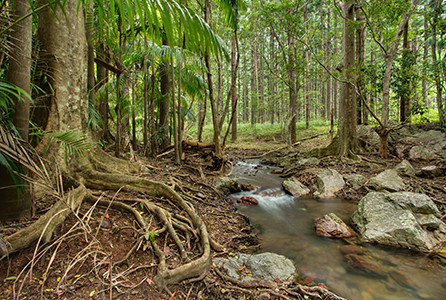
Take your rubbish with you
Littering and dumping is illegal. It is a blight on the natural landscape and creates a hazard for other forest visitors and the workers or volunteers who clean it up.
Examples of activities that are illegal include discarding any litter or waste including food, bottles, paper, plastic, furniture, white goods, electronics, building materials, hazardous waste, tyres, green waste, etc.
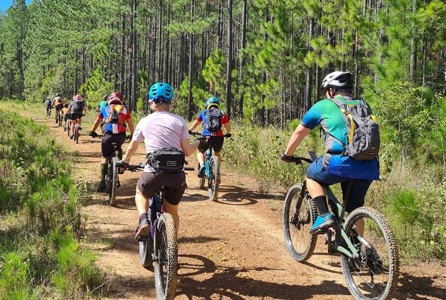
Get a permit if required
Permits are required for groups of five or more vehicles or motorbikes or 15 or more walkers, cyclists or horse riders regardless of how the group gets together. If you arranged to meet other people at a particular time or place, it’s an organised event.
Permits are also required for commercial activities, some types of filming and photography, and competitive events – even if it’s for charity.
Learn more about permits and use our permit flow chart to find out if you need a permit.
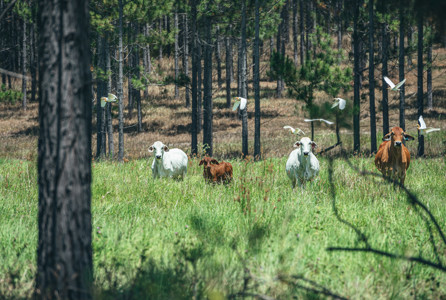
Please be considerate
Please be considerate of our neighbours, especially early in the morning, at night or when it is dry and dusty. Also, don’t trespass on their private property or ours.
Some areas contain stock – beware of cattle and fences and ensure gates are left as they were found. Be considerate of other forest visitors, too, especially those involved in non-motorised recreation.
Finally, please respect the plantation forests and the road network as we do so everyone can continue to enjoy them. Public access is a privilege not a right.
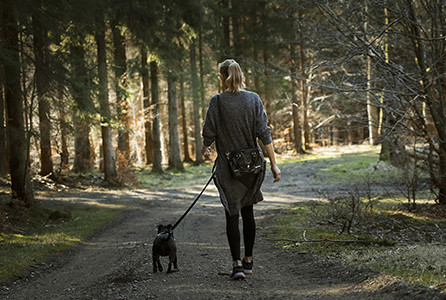
Other things that are illegal
These activities are also illegal under the Forestry Act:
- Camping in a vehicle, trailer, tent, swag, chair, hammock or on the ground
- Collecting timber, plants or any other materials
- Carrying or using firearms or a chainsaw without authority
- Hunting
- Fossicking, except in designated areas at Swipers Gully near Passchendaele with the appropriate license
- Unrestrained dogs. Pease also be aware we participate in 1080 pest control bait programs.
